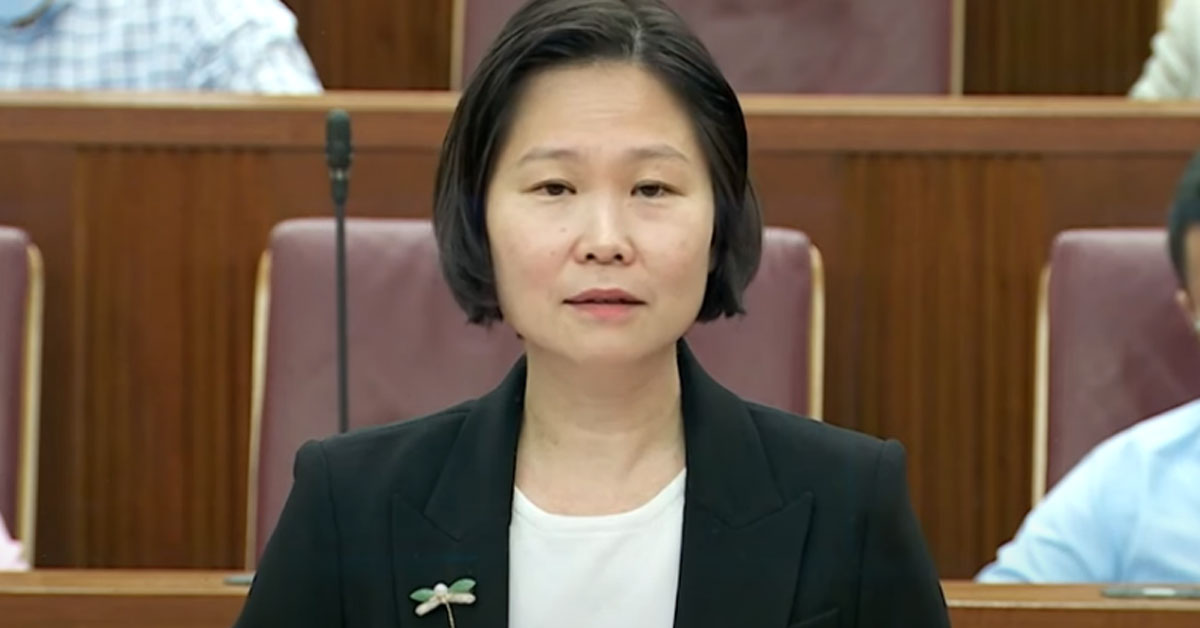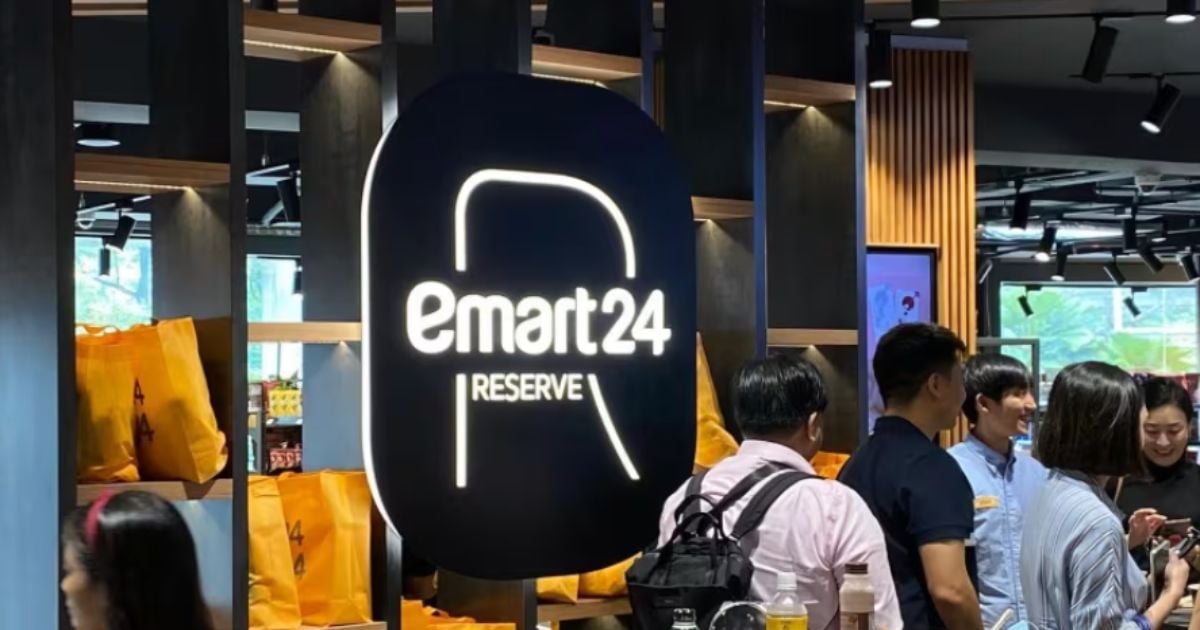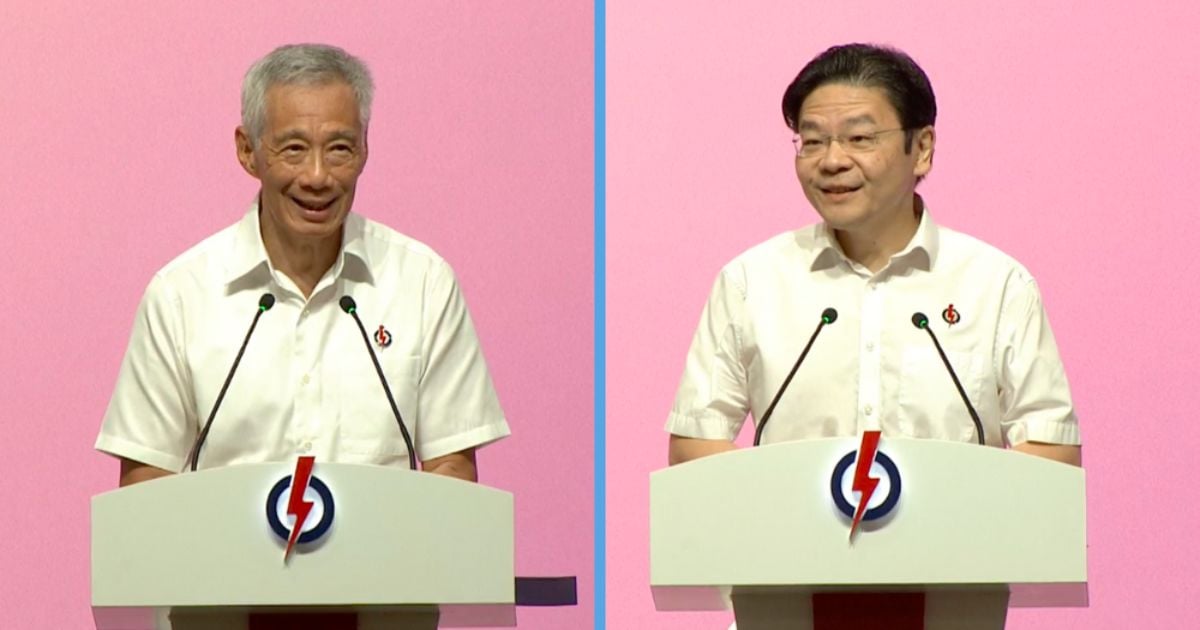As eager as we are for COVID-19 to be gone, we are not too excited to return to the office so soon. After months of working from home, we have become a bit too comfortable with waking up a few minutes before work starts and wearing pajama bottoms with work tops for zoom calls.
Fret not, while eventually we will find ourselves meeting rush hours crowds in the morning, we still have some time to enjoy working from the comforts of our homes.
In a Parliament meeting on Tuesday (11 January 2022), Minister of State for Manpower, Gan Siow Huang stated that even as work-from-home arrangements become more common in Singapore’s workforce, the Ministry of Manpower (MOM) “should not rush into hasty legislation that creates workplace rigidity and impede our economic recovery”.
In response to Mr Yip Hon Weng and Mr Louis Ng who asked about work-from-home laws, she added that there has been a rise in the number of employers providing flexible arrangements, with 53% of employers offering at least one formal flexible arrangement on a regular and sustained basis in 2019, up from 47% in 2018.
Taking reference from other countries, Ms Gan said that the outcomes from introducing legislation were rather mixed on whether there was improvement in work-life.
MOM’s Approach to Handle Work-From-Home Plans
MOM’s focus is to guide employers and staff in ensuring the efficient carrying out of work-from-home and flexible work arrangements. Part of their plan includes promoting the tripartite advisory and standard on flexible work arrangements.
In case the corporate jargon has left you confused, the tripartite standard comprises nine employment practices across different aspects that progressive employers should adopt. The tripartite advisory serves as a complementary tool that provides practical guidance on measures that employers can adopt to achieve the tripartite standard.
Ms Gan stated that currently, the number of companies who have adopted this standard covers one in four employees. She also added that bigger companies have more resources to undertake flexible work arrangements but more support is needed by smaller companies, hence where the tripartite advisory and standards comes in handy.
Join our Telegram channel for more entertaining and informative articles at https://t.me/goodyfeedsg or download the Goody Feed app here: https://goodyfeed.com/app/
Ensuring Welfare of Employees
In 2020, the Alliance for Action on Work-Life Harmony was formed and it created groups for the food service, manufacturing and finance industries to generate more efficient practices and develop resources better suited to each sector’s needs.
The initiative also developed a template for companies to help them establish and communicate progressive after-hours communication practices in order to protect the welfare of employees working from home.
Targeting the same aspect, the tripartite advisory on mental well-being recommends employers to set reasonable expectations of after-hours work communication, such as not requiring employees to respond to non-urgent work-related messages and e-mails after hours. So no more worrying about your boss calling you back to work after you knock off. Yay.
Ms Gan concludes that the existing measures are there to assist companies but there is no one way to carry out work-from-home measures as every job and employee is different.
So while enjoying working from home, if you think the gahmen is shaking their leg only, they are actually working to ensure your boss does not bully you ok.
Read Also:
- 10 New Facts About the Bentley vs Security Guard Incident
- Tourist Threatened With $120K Lawsuit for Negative Review of Thai Resort
- Leader of the House Reprimanded PSP’s Leong Mun Wai for Making Unsubstantiated Allegations Against Teachers
Featured Image: YouTube (MCI Singapore)





